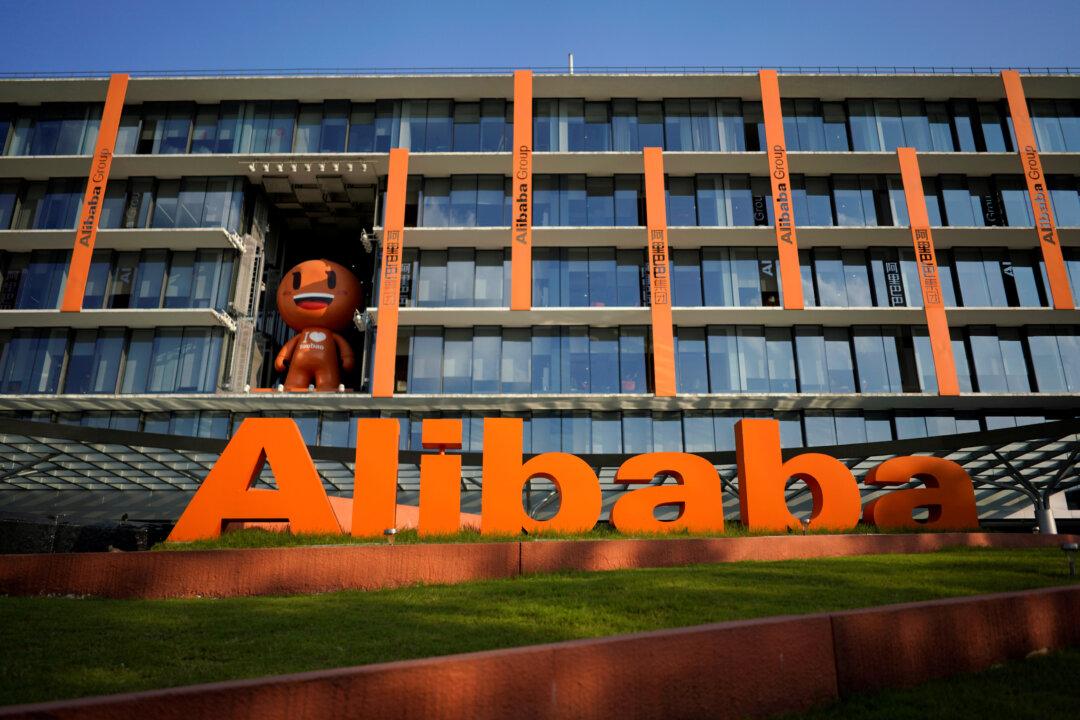BEIJING—A Chinese government propaganda app that recently became a huge hit was developed by Alibaba, two people at the company told Reuters, at a time when the nation’s tech firms are under global scrutiny over their ties to Beijing.
“Xuexi Qiangguo,” which literally translates as “Study to make China strong” and is a play on the government propaganda theme of applying Chinese leader Xi Jinping’s thoughts, overtook Tik Tok’s Chinese version Douyin and WeChat to become the country’s most popular app on Apple’s China app store last week.





